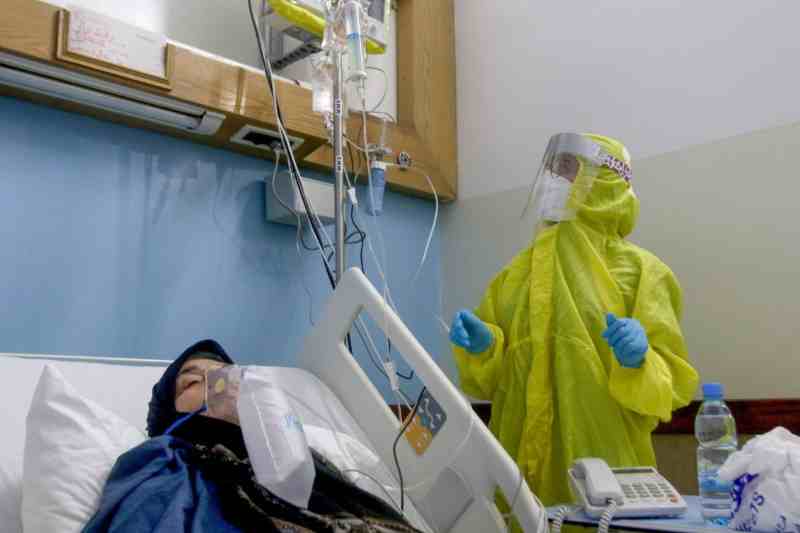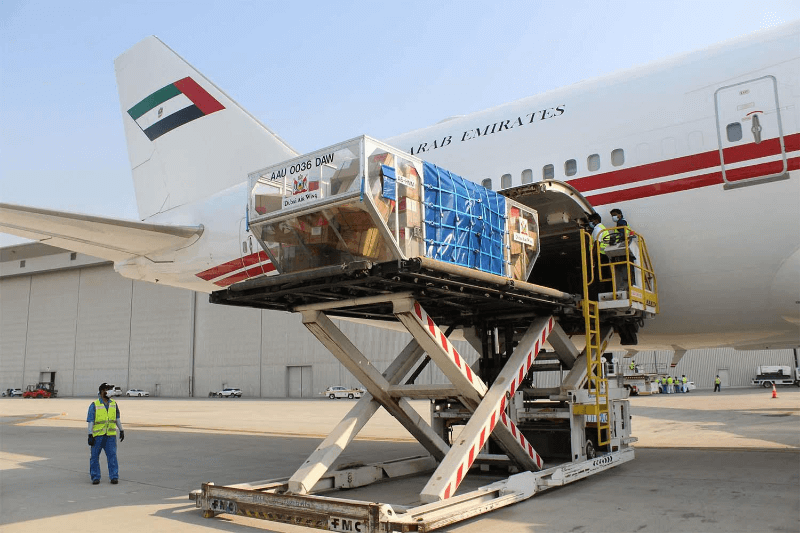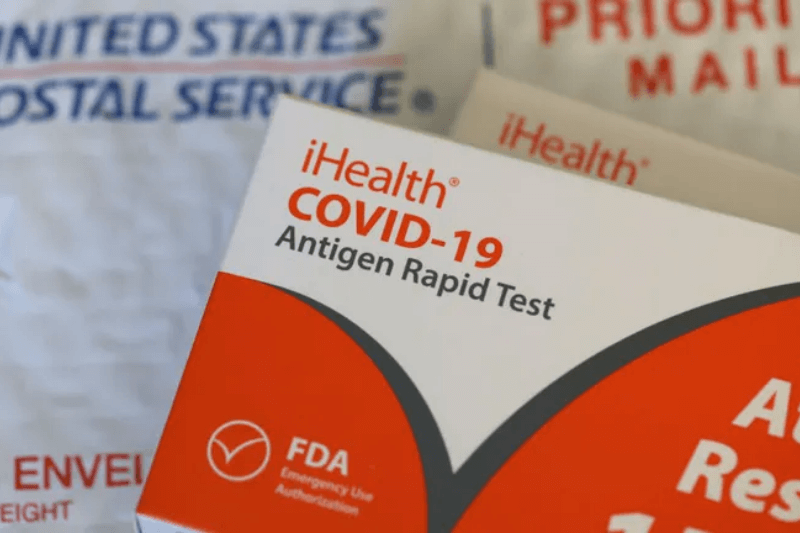
World Bank Extends Financial Help To Lebanon Covid-19 Vaccine Plan
One of the poorer nations of the world, Lebanon is now getting a medical financial stimulus from the World Bank, official reports have confirmed. The World Bank has approved $34million to back the Lebanese Covid-19 vaccination drive.
This is the first such huge outlay of funds by the bank. Previously, Lebanon has taken several loans from the bank to keep its economy from sinking. Since the pandemic broke out, the country has been struggling with the constant outbreaks and an unfortunate burn of a strategic port that led to a major scare and distrust amongst common people over the administration of the government.
Funds have been reallocated from an existing Lebanon Health Resilient Project. The Lebanese government has signed up for receiving the American Pfizer vaccine for 2.1 million doses. Lebanon already has a fractured medical system that has been losing its back over a surge in infection rates.
According to the Lebanon Health Ministry, the vaccines will arrive by February. These doses will be priced at $18 looking at Lebanon’s financial condition and the whole cost is covered under the World Bank financial assistance.
Additionally, Lebanon would also receive another 2.7 million doses from the UN-led Covax program that caters to poorer countries like Lebanon, Yemen, Syria and Libya. These doses are expected to arrive no sooner than the mid of the year. These work on the mechanism of richer countries donating a percentage of their doses stocks to the poorer nations, once their own people are inoculated.
Once known for its advanced medical services in the Middle East, Lebanon today stands to manage its falling bricks. There is a convergence of stresses on the health care system. There are many reasons for this. But the major reasons that stand out include lack of up-to-date infrastructure; lack of medical personnel due to high emigration rates among doctors; and difficulties in obtaining medical supplies due to the devaluation of the Lebanese currency and reduced imports.




